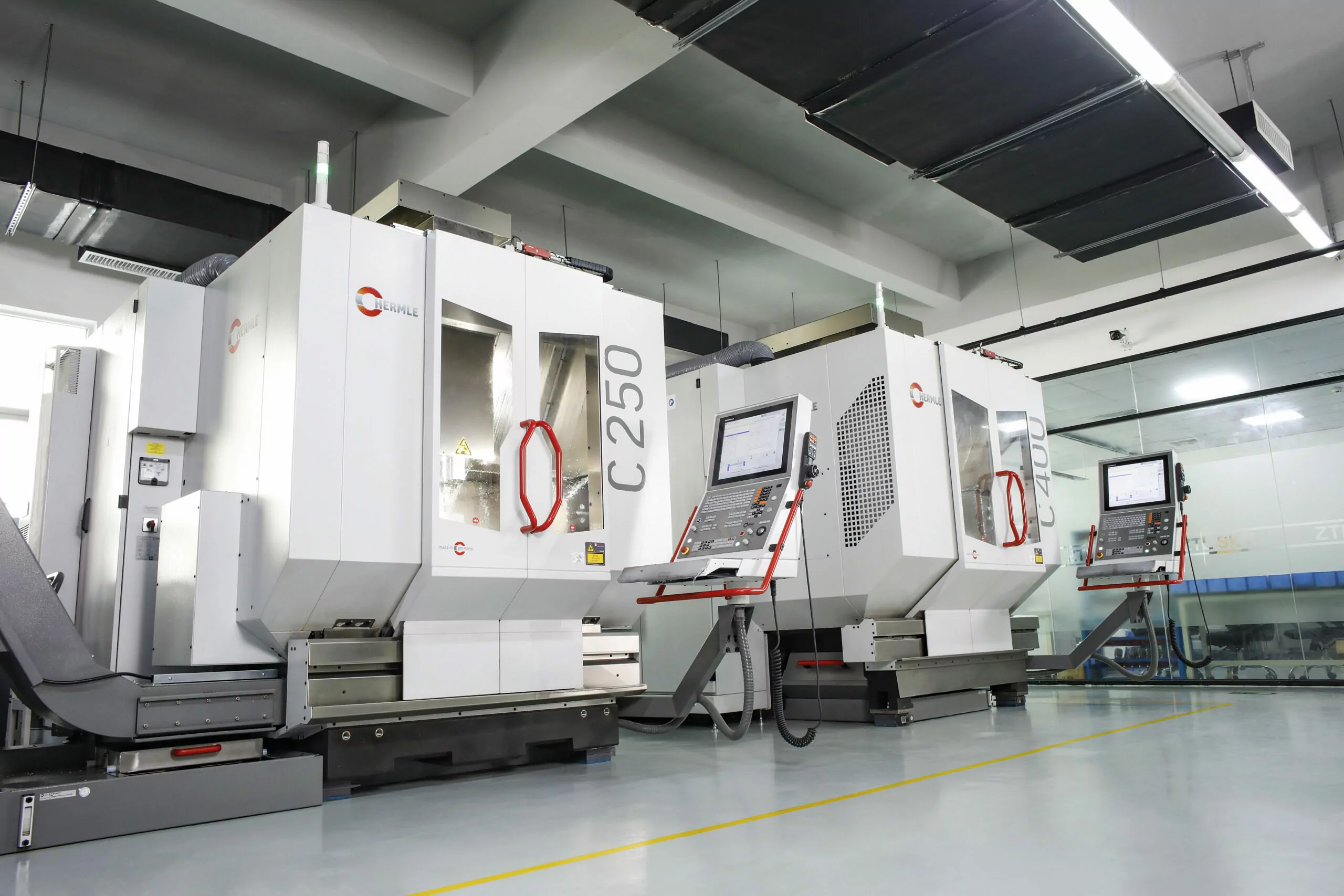Custom metal casting has been a crucial process in various industries, including automotive, aerospace, and manufacturing. With the advancement of technology, the custom metal casting process has seen significant improvements, leading to higher efficiency, precision, and quality in the final products.
3D Printing in Custom Metal Casting
One of the most revolutionary advancements in custom metal casting is the integration of 3D printing technology. This technology allows for the creation of intricate and complex molds and patterns with high precision. By using 3D printing, manufacturers can produce custom metal castings with minimal material waste and reduced lead times. The ability to create intricate designs that were previously impossible with traditional methods has opened up new possibilities in custom metal casting.
Simulation and Modeling
Another key role of advanced technology in improving custom metal casting processes is the use of simulation and modeling software. These tools enable manufacturers to simulate the casting process, predict potential defects, and optimize the design of the mold and casting parameters. By utilizing simulation and modeling, manufacturers can identify and rectify potential issues before the actual casting process, leading to cost savings and improved final product quality.
Automation and Robotics
Automation and robotics have also played a significant role in enhancing custom metal casting processes. Advanced robotic systems are now capable of handling the repetitive and labor-intensive tasks involved in the casting process, such as mold handling, pouring, and finishing. This not only improves the efficiency of the process but also ensures a higher level of consistency and quality in the final products. Automation has also contributed to a safer working environment for the workforce involved in custom metal casting.
Advanced Materials and Alloys
Advancements in material science and the development of new alloys have further improved custom metal casting processes. These advanced materials offer enhanced mechanical properties, corrosion resistance, and temperature stability, making them ideal for demanding applications. The ability to cast these advanced materials with precision and accuracy has been made possible by the integration of advanced technology in custom metal casting processes.
In conclusion, the role of advanced technology in improving custom metal casting processes cannot be overstated. From 3D printing and simulation to automation and advanced materials, technology has transformed the custom metal casting industry, leading to higher efficiency, precision, and quality in the final products. As technology continues to advance, we can expect further innovations that will continue to shape the future of custom metal casting.
